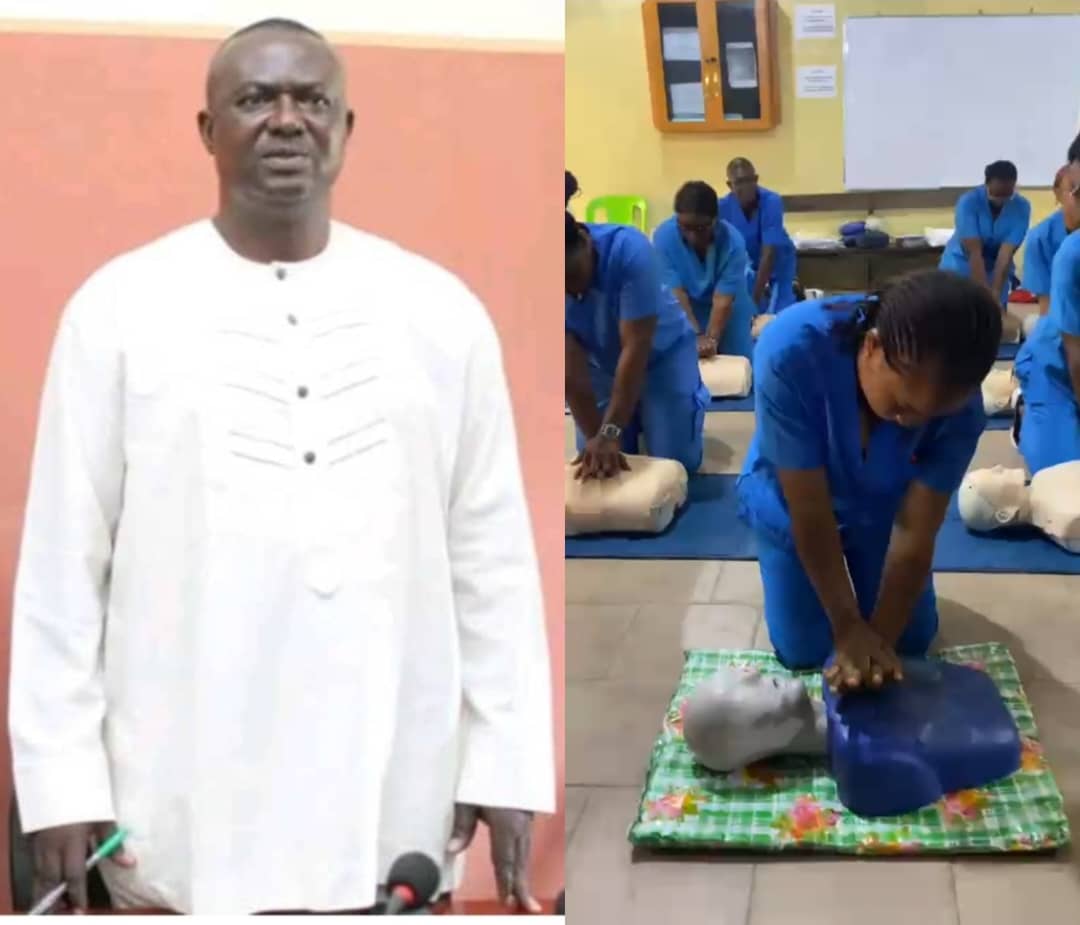The Federal Government has expressed commitment to reduce childhood wasting, including Severe Acute Malnutrition (SAM), from 18 per cent to 7 per cent by 2025.
It blamed the acute malnutrition in the Northeast and Northwest zones of the country on low food consumption in terms of quantity and quality, as well as poor health-seeking behaviours.
Director and Head, Nutrition Department in the Federal Ministry of Health and Social Welfare, Ladidi Bako-Aiyegbusi, who stated this at the 8th yearly conference of the Association of Nigeria Health Journalists (ANHeJ) in Abuja, lamented that Nigeria is ranked second globally in the number of children suffering from severe acute malnutrition (SAM) and first in Africa.
She observed that the triple burden of malnutrition in the form of under nutrition (stunting, wasting, and underweight including micronutrient deficiencies) exists alongside nutrition also known as overweight or obesity, which is associated with Diet-Related Non-Communicable Diseases (DRNCDs).
Bako-Aiyegbusi stated that the revised National Policy on Food and Nutrition in Nigeria provides an overarching framework for multi-sectoral action to reduce malnutrition in the country, adding that the National Multi-Sectoral Plan of Action for Food and Nutrition 2021–2025 (NMPFAN) guides the implementation of nutrition-specific and nutrition-sensitive interventions across sectors, as well as address the challenges of hunger and malnutrition.
The Director, who was represented by the Desk Officer, Baby Friendly Initiative at the ministry, Adenike Bayode, noted that poor feeding practices, food insecurity, and lack of access to portable Water, Sanitation and Hygiene (WASH) services contribute to the high burden of malnutrition in the country.
According to her, other factors that lead to acute malnutrition include banditry and population displacement, as well as insecurity. Bako-Aiyegbusi noted that out of seven million children born every year in the country, 42 per cent were breastfed within an hour of birth, 29 per cent were exclusively breastfed up to six months of age and 3 per cent breastfed up to 24 months of age.
Similarly, 23 of the children receive a diverse diet (minimum five groups), while 11 per cent receive a minimally acceptable diet and 26 per cent Vitamin A supplementation coverage. She said the Federal Government has adopted a multi-sectoral approach to addressing the malnutrition challenges in the country.
The Permanent Secretary of the Federal Ministry of Health and Social Welfare, Daju Kachollom, said the ministry has introduced the Sector-Wide Approach (SWAp) strategy to unify the efforts of the government, partners, and stakeholders, maximising impact, enhancing accountability, and eliminating redundancies.
Kachollom, who was represented by Dr Angis Ikpe, of the policy and planning department of the Ministry, observed that the Nigeria Health Sector Renewal Investment Initiative (HSRIl) exemplifies the government’s unwavering commitment to revitalising the health sector
She said: “Through targeted investments, we aim to strengthen primary healthcare (PHC) systems to deliver efficient maternal and child health services, tackle Neglected Tropical Diseases (NTDS), address Non-Communicable Diseases (NCDs), and confront infectious diseases.
The Chief Executive Officer of the Institute of Human Virology Nigeria (IHVN), Dr Patrick Dakum, said the IHVN remains committed to aligning its activities with the government’s health sector plans.
Earlier, the President of the Association of Nigeria Health Journalists (ANHeJ), Mr Joseph Kadari, said challenges facing the health sector include inadequate funding, inefficient resource allocation, and poor service delivery.
Kadiri said SWAp will ensure a coordinated and harmonised approach to health sector development and will require active engagement of various stakeholders.
Also, the Coordinator of the Africa Health Budget Network (AHBN), Dr Aminu Magashi, represented by Sadiq Malami highlighted the role of health journalists in the development of the health system and protection of citizens’ rights
He said: “The media plays an indispensable role in educating the public, holding policymakers accountable, and ensuring that health issues remain on the national agenda, not just in Nigeria, but across the African continent and beyond.”
SOURCE: GUARDIAN NEWSPAPER




